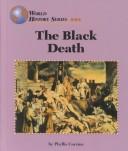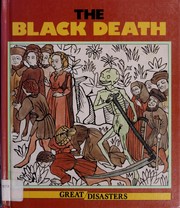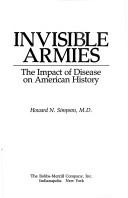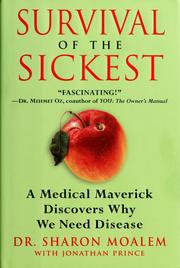
|
The exceptional brain and how it changed the world
|
Robert M. Kaplan |
Dr Robert Kaplan, a forensic-psychiatrist and researcher, set out to explore the various brain diseases or conditions that have made some people very famous (or infamous), and often changed the cours… |
OL20854704W |

|
The Black death
|
Phyllis Corzine |
Examines the causes, effects, and legacy of the epidemic that killed millions of people in Europe during the fourteenth century. |
OL3269930W |

|
Médicos maleantes y maricas
|
Jorge Salessi |
"Pathbreaking study of homosexuality in Buenos Aires in the late-19th and early-20th centuries. Drawing upon a wealth of information (much of it from government medical and criminal reports), Salessi… |
OL3384936W |

|
The Black death
|
James Day (undifferentiated) |
Examines the origins, spread, and effects of the bubonic plague in fourteenth-century England and Europe, as well as the later discovery of its cause and cure. |
OL4631703W |

|
Invisible armies
|
Howard N. Simpson |
Explores the neglected role disease has played in American history, posing the novel idea that susceptibility to sickness has meant weakness in war, from the first colonizations to the Civil War. |
OL6320900W |

|
Survival of the Sickest
|
Sharon Moalem,Jonathan Prince |
Survival of the Sickest: The Surprising Connections Between Disease and Longevity is a 2007 New York Times Bestselling science book by Sharon Moalem, an evolutionary biologist and neurogeneticist, an… |
OL7910541W |





